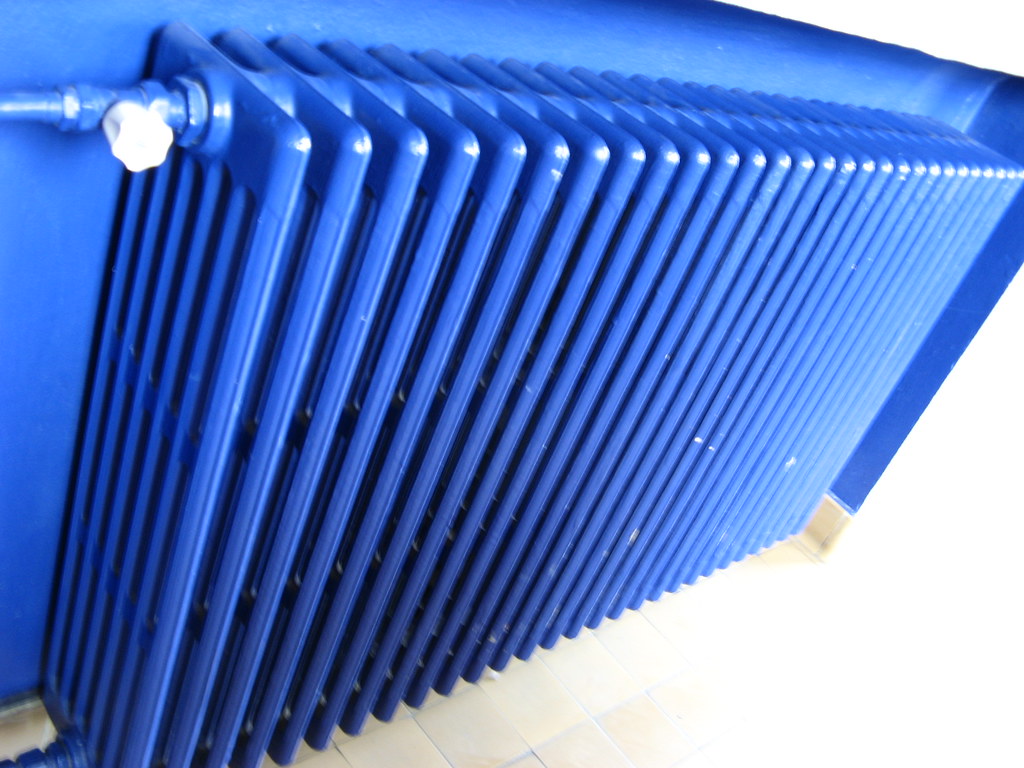Thermal insulation is important for a home because it helps reduce energy bills. There are different types of insulation, but the two most common are rock wool and glass wool. So, what to choose: rock wool or glass wool?
What are the advantages of rock wool compared to glass wool?
Rock wool is a mineral wool, made from volcanic rock, which has multiple advantages. Indeed, it has excellent resistance to fire, heat and UV, which makes it an ideal product for thermal and acoustic insulation. In addition, it is light, easy to handle and set up, which makes it a very practical product. Finally, it is 100% natural and recyclable, which makes it an environmentally friendly product. Thus, rock wool has many advantages over glass wool, particularly in terms of resistance, ease of use and respect for the environment.
What are the disadvantages of rock wool compared to glass wool?
Rock wool is a thermal insulator commonly used in buildings. However, there are disadvantages to using rock wool over glass wool. First of all, rock wool is a natural material, while glass wool is a synthetic material. Rock wool is therefore more easily recyclable than glass wool. In addition, rock wool is a lighter material than glass wool. This can be an advantage when constructing or renovating a building, as it is easier to handle and transport rock wool. However, rock wool has one major disadvantage compared to glass wool: it is not as fire resistant. Indeed, rock wool is a combustible material, while glass wool is a non-combustible material. If a fire breaks out in a building insulated with rock wool, it is more difficult to control the fire. In conclusion, rock wool has advantages and disadvantages compared to glass wool. It is therefore important to carefully assess the needs of the building before choosing thermal insulation.
What is the best option for thermal insulation?
Rock wool is a natural insulating material, made from volcanic rocks. Glass wool is an insulating material made from sand and recycled glass. Both materials are effective for thermal insulation, but rock wool has some advantages. First of all, rock wool is stronger than glass wool. In fact, it is more resistant to high temperatures and UV rays. In addition, it is non-flammable and does not create dust. On the other hand, it is heavier and more difficult to handle. Glass wool, on the other hand, is lighter and easier to handle. It is also more flexible, which allows it to better adapt to irregular shapes. However, it is less resistant than rock wool and can degrade more quickly if exposed to UV rays. In conclusion, rock wool is a better thermal insulator than glass wool. However, the latter has some advantages, particularly in terms of handling and price.
What is the best option for sound insulation?
It exists different types of insulation acoustic, such as rock wool and glass wool. Both materials have advantages and disadvantages.
Rock wool is a natural, recyclable and fireproof material. It is also very resistant and can be used to insulate walls, partitions and ceilings. However, it is heavy and difficult to handle.
Glass wool is a synthetic material, light and easy to handle. It is also fireproof and can be used to insulate walls, partitions and ceilings. However, it is not as durable as rock wool and can deteriorate over time.
There is no single answer to the question of what is the best type of sound insulation. It depends on the situation and specific needs.
What is the price difference between rock wool and glass wool?
Rock wool and glass wool are two materials commonly used for thermal and acoustic insulation. They both have advantages and disadvantages, so it is important to take several criteria into account before making a choice. The price is a first criterion to take into account. Rock wool is generally a little more expensive than glass wool, but this price difference is not very significant. Indeed, both materials are relatively inexpensive. Rock wool has the advantage of being a little more resistant than glass wool. It is in fact a little denser and has a better capacity to resist shocks and vibrations. It is therefore an ideal material for places where there is a risk of shock or vibration, such as attics or attics. Glass wool, for its part, has the advantage of being a little easier to handle than rock wool. It is in fact more flexible and lighter, which can be an advantage during installation. Additionally, glass wool is a little less irritating to the skin than rock wool. In conclusion, there is not a very significant price difference between rock wool and glass wool. However, you must take into account the advantages and disadvantages of each material before making a choice.
Rock wool and glass wool each have their advantages. In terms of thermal insulation, rock wool is the most efficient, but glass wool is easier to implement. In terms of price, rock wool is slightly more expensive than glass wool, but its insulation is superior.







